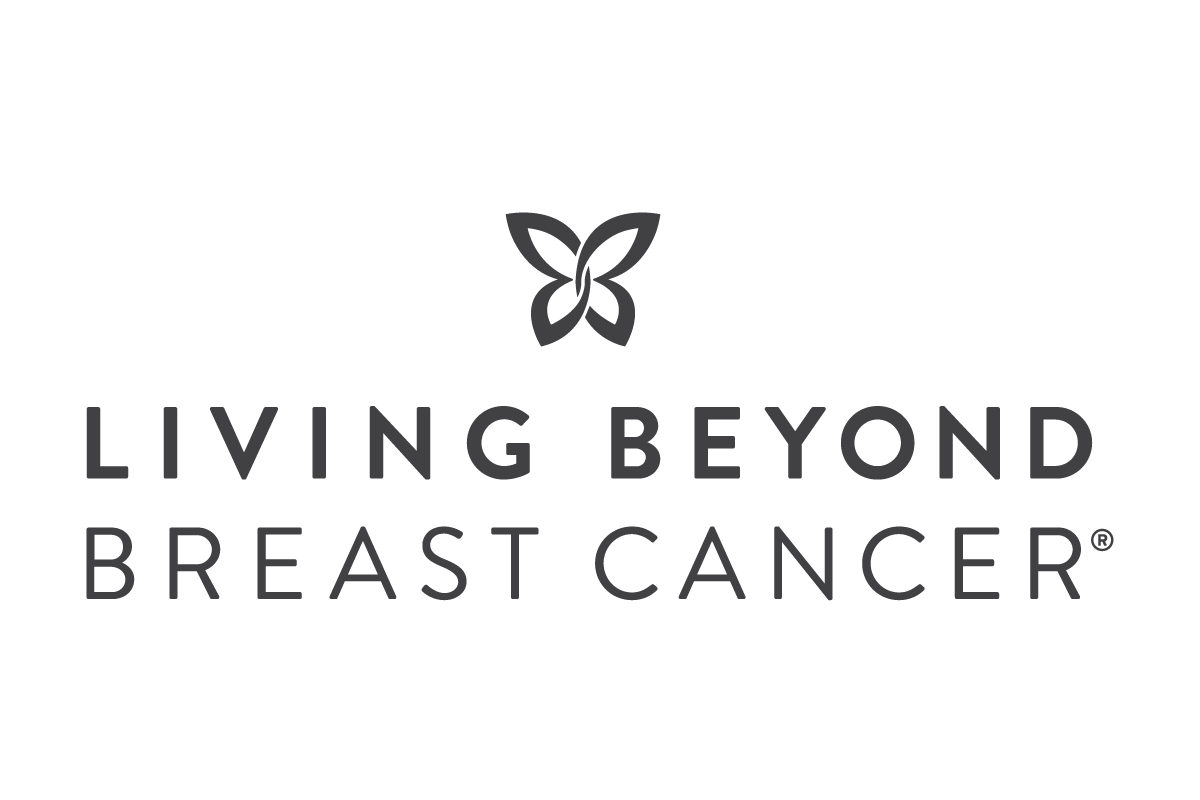About half of older women with early-stage HER2-positive breast cancer not receiving trastuzumab
- 05/05/16
Black women are less likely to receive the treatment than white women
Trastuzumab (Herceptin) is standard treatment for most women with HER2-positive breast cancer. But new research suggests about half of women over age 65 who have stage I, II or III HER2-positive breast cancer don’t receive this treatment. The study was published online in April by the Journal of Clinical Oncology.
Background and Goals
About 15 to 20 percent of breast cancers are HER2-positive. This means the tumor grows because of too much of a protein called human epidermal growth factor receptor 2, or HER2. Trastuzumab is a targeted therapy given by vein. It attaches to certain proteins, in this case, HER2 proteins, to destroy HER2-positive breast cancer cells.
Trastuzumab is the standard therapy for stage II or III HER2-positive breast cancer. It is also offered to many women with stage I disease. The medicine may cut a person’s risk of the cancer returning by half.
Women with hormone receptor-positive breast cancer, which grows because of the hormones progesterone, estrogen, or both, are usually encouraged to take hormonal therapy. Studies have been done on how many women actually take it and which women are most and least likely to take it. Those studies have found that black women are less likely to start and continue taking hormonal therapy than white women. But research like this had not been done with HER2-positive breast cancer and HER2-targeted therapies.
These researchers were interested in learning more about how many women with early-stage HER2-positive breast cancer receive trastuzumab. They also wanted to know how a person’s race affects how likely they are to receive trastuzumab.
Design
Using information from a database called SEER, the researchers studied women across the country who were
- on Medicare
- older than 65
- diagnosed with stage I, II, or III HER2-positive breast cancer in 2010 or 2011
The researchers looked at insurance claims in the year following diagnosis and took note of how many of the women received trastuzumab.
Results
The researchers found that about half of the 1,362 women in the study did not receive trastuzumab within a year of being diagnosed.
After the researchers controlled for factors like other health problems and poverty, they found black women were 25 percent less likely than white women to receive trastuzumab within a year of diagnosis.
Overall, trastuzumab was received by
- 50 percent of white women
- 40 percent of black women
Among those with stage III disease, trastuzumab was received by
- 74 percent of white women
- 56 percent of black women
Compared to those who didn’t receive trastuzumab, women who did receive it were more likely to
- be significantly younger
- have had a mastectomy
- have larger tumors
- have cancer in their lymph nodes
What this means for you
This research is concerning, because it shows many women aren’t receiving a treatment that could greatly lower their risk of the cancer returning. It makes sense that some women with stage I breast cancer might choose not to have trastuzumab, because their risk of recurrence is lower to begin with, and not taking it helps avoid some side effects. But the vast majority of women with stage II or III disease should be getting this medicine.
This is not the first study to show that black women tend to receive less effective treatment, and have worse outcomes, compared with white women. The researchers suggest more studies be done on what’s keeping people with HER2-positive breast cancer from receiving trastuzumab and how to get more people to receive it. They say this could prevent recurrences and lengthen survival, especially among women of color.
Reeder-Hayes, K, Hinton, SP, Meng, K, et al. Disparities in Use of Human Epidermal Growth Hormone Receptor 2–Targeted Therapy for Early-Stage Breast Cancer. J Clin Oncol. Published online before print April 11, 2016; doi: 10.1200/JCO.2015.65.8716.


